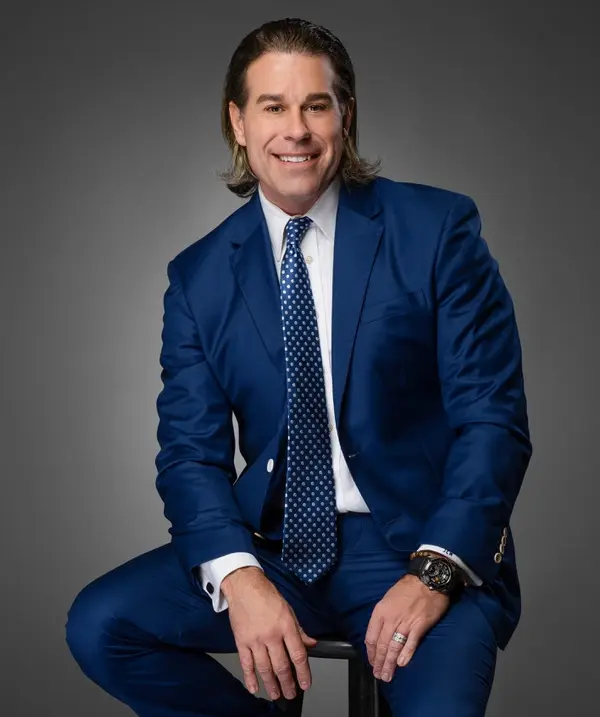Tragedy at Florida State University: Understanding the Legal Aftermath of the April 17 Shooting
On April 17, 2025, Florida State University in Tallahassee became the site of a devastating mass shooting that claimed the lives of two individuals and left several others injured. The attack, which took place around midday in the heart of campus, has not only shaken the FSU community but reignited national conversations about campus safety, gun laws, and institutional responsibility.
At Madalon Law, our hearts go out to the victims, their families, and everyone affected. As wrongful death attorneys based in Florida, we understand the pain and confusion that follow such a senseless act of violence. In this post, we explore the known details of the shooting and the potential legal implications for victims and their families.
What Happened at Florida State University?
Just before noon on April 17, reports of active gunfire erupted from FSU’s Student Union Building—a central hub frequented by students, faculty, and visitors. Campus security was immediately alerted, and a lockdown order was issued via the university’s alert system. Eyewitnesses described a scene of chaos and terror as shots rang out, causing people to flee or shelter in place.
The suspected shooter, later identified as Phoenix Ikner, was taken into custody after being shot and wounded by law enforcement. Ikner, a 20-year-old FSU student and stepson of a longtime law enforcement officer, allegedly used a handgun that belonged to his stepmother—a disturbing detail that is now part of a broader investigation into how the weapon was obtained.
Victims of the Shooting
Two lives were tragically lost in the attack:
-
Robert Morales, 57, a beloved member of FSU’s dining services and a co-founder of a popular local restaurant.
-
Tiru Chabba, 45, a regional vice president for Aramark Collegiate Hospitality.
Both men were at the Student Union for work-related purposes and were not involved in any altercations. Their deaths were sudden, senseless, and entirely preventable.
In addition, six others sustained injuries, including graduate student Madison Askins, who later recounted the terrifying moment she was shot while trying to escape the building. Thankfully, all injured individuals received prompt medical care at Tallahassee Memorial Hospital.
How Could This Happen on a Gun-Free Campus?
Florida State University is considered a “gun-free zone,” and firearms are prohibited on campus under state law. So how did a student gain access to a weapon and carry out a deadly shooting in broad daylight?
According to law enforcement officials, Ikner used a firearm belonging to his stepmother, who is a sheriff’s deputy. The circumstances surrounding how he accessed the weapon are under review, as are any prior red flags related to his behavior or mental health.
Several former classmates have stated that Ikner had a history of making extremist or concerning comments, including white supremacist views, which reportedly led to his removal from a student discussion group. These disturbing reports raise important questions about whether more could have been done to monitor and intervene before this tragedy occurred.
Legal Accountability and Wrongful Death
In the aftermath of a mass shooting, criminal charges are often the focus of media coverage and public attention. However, for the families of victims, civil action may also provide a path toward justice and accountability.
Wrongful death claims are civil lawsuits that can be filed when a person dies due to the negligent, reckless, or intentional actions of another individual or entity. In this case, the victims’ families may have grounds to pursue civil action against:
-
The shooter, for intentional harm.
-
The owner of the firearm, if it can be shown that the weapon was stored improperly or negligently.
-
Any institutions, such as the university or security contractors, if it is found that there were failures in security protocol, prior warnings that were ignored, or policies that increased risk.
Although no amount of compensation can replace a loved one, a wrongful death lawsuit can help families cover funeral expenses, medical bills, loss of future income, and emotional suffering. It can also serve a broader purpose by pushing for change and highlighting institutional failures that must be corrected to prevent future tragedies.
Mental Health, Red Flags, and Institutional Responsibility
One of the most concerning aspects of this case is the possibility that there were missed warning signs. Ikner’s history of disturbing rhetoric may have indicated an escalating threat. In recent years, universities and workplaces have implemented threat assessment protocols aimed at identifying individuals at risk of committing acts of violence.
If any such red flags were documented and not acted upon appropriately, there could be an argument for institutional negligence. Families and attorneys will want to review whether the university or affiliated organizations followed best practices in monitoring and responding to concerning behavior.
The Importance of Campus Security
In higher education settings, campus safety policies play a crucial role in both preventing and responding to violent incidents. Many universities have increased their investment in mental health services, campus policing, emergency communication systems, and student conduct procedures—but this tragedy shows that more work is needed.
From a legal perspective, institutions that fail to implement or enforce reasonable safety measures may be held partially liable in the event of injury or death. Each case is unique, but investigating the policies and actions taken by the university in the weeks and months leading up to the incident will be a key part of any wrongful death or personal injury claim.
Seeking Support After a Tragedy
If your family has been affected by the FSU shooting—or by any incident involving the sudden, wrongful death of a loved one—you may be feeling overwhelmed and unsure of where to turn. While the criminal justice system will address the accused shooter, families often face emotional, financial, and legal challenges that extend well beyond the headlines.
At Madalon Law, our injury atorneys represent victims of wrongful death with compassion, care, and a commitment to justice. We understand that your loss is not just a legal matter—it’s deeply personal. Our attorneys are here to listen, guide, and support you through every step of the legal process.
If you have questions about your legal options after a tragedy, please contact our office for a free, confidential consultation. We are here for you.






















